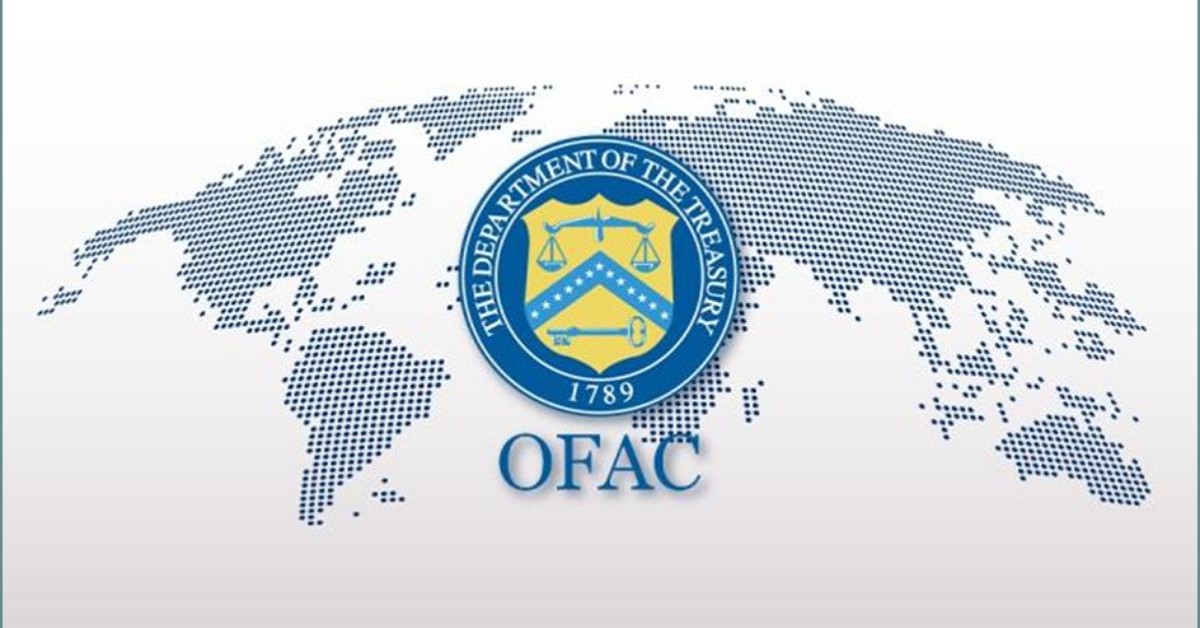An OFAC asset freeze can be a serious challenge for businesses and individuals, as it restricts access to finance and makes it impossible to conduct normal business activities. This situation can arise unexpectedly and create significant difficulties, affecting reputation and stability. It is important to understand how to act in such cases to minimize losses and regain control over your resources. In this article, we will review the advice of OFAC lawyer on how to act if your assets are frozen by OFAC.

Why is OFAC Freezing Assets?
OFAC freezes assets to protect U.S. national security and foreign policy. This happens when individuals, companies, or countries are suspected of having links to terrorism, money laundering, arms trafficking, or other activities that threaten the international order. Sanctions are aimed at preventing the use of financial resources to support illegal activities. Asset freezes can also be a way of putting pressure on governments or organizations to change their policies or behavior.
Types of frozen assets
An OFAC asset freeze can apply to various types of property and financial resources. The main types of frozen assets include:
Bank accounts: funds that are held in financial institutions and become inaccessible to their owner.
-
Securities: shares, bonds and other financial instruments that are frozen, making it impossible to sell or transfer them.
-
Real estate: buildings, land plots and other property that cannot be sold or transferred.
-
Business assets: shares in companies, contracts, accounts and other assets related to business activities.
-
Other tangible assets: cars, equipment, and other items that have value and can be blocked.
Engagement of a sanctions lawyer
Engaging an OFAC lawyer is a key step in the event of an OFAC asset freeze. Such a specialist has experience in dealing with cases related to international sanctions and will be able to provide expert support in developing a defense strategy. The lawyer will help you understand the complex legal rules, prepare the necessary documents for submitting requests and appeals, and provide support in communicating with the relevant authorities.
Effective work with a lawyer allows you not only to understand the reasons for the freezing of assets, but also to take the necessary measures to unblock them or mitigate the effects of sanctions.
The procedure for submitting a request for unlocking assets
The procedure for submitting a request for unblocking frozen funds requires strict adherence to the established rules and preparation of the relevant documentation. First of all, an official request to OFAC must be made, which clearly sets out the grounds for unblocking the assets. The request must contain information about the asset owner, the reasons for the freeze, and arguments in favor of unblocking.
The request must be accompanied by documents confirming the legitimacy of the assets' sources of origin and the absence of any connection with sanctioned activities. A lawyer specializing in sanctions law will help you draft the request, ensure its compliance with regulatory requirements, and represent your interests during the review process.
Document requirements
In order to submit a request to unblock assets frozen by OFAC, you need to prepare a set of documents. The main document requirements include:
-
Identification documents: copies of passports or other documents confirming the identity of the asset owner.
-
Financial documents: reports, bank statements, and other evidence confirming the source of funds or assets.
-
Legal documents: copies of agreements, contracts, or other documents of title confirming the ownership of assets.
-
Justification of the request: a written explanation of the reasons why the assets should be unblocked, including arguments that the freeze is not based on legal requirements or facts.
Request review process and deadlines
The OFAC asset freeze request review process involves several stages. After submitting a request, the organization reviews it for compliance with regulatory requirements and analyzes the submitted documents. The review can take from several months to a year, depending on the complexity of the case and the amount of information.
Legal support during this process will help ensure timely response to additional requests and clarifications from OFAC, which will speed up the review.
Legal assistance in unlocking assets
Legal assistance is a key element in the process of unlocking assets frozen by OFAC. Qualified attorneys help clients understand the reasons for the freeze, analyze the documents provided, and develop a strategy for filing a request for unblocking. They ensure the preparation of legally sound documents, substantiate the client's position and represent their interests when communicating with OFAC.
The lawyer also helps to monitor the process of reviewing the request, respond to any requests for additional information in a timely manner, and meet all deadlines. This increases the chances of successful asset freezing and minimizes the risk of denial.
Regular inspections by lawyers
Regular inspections by lawyers are an important tool to prevent a possible OFAC asset freeze. Anatoly Yarovyi, a lawyer at Sanction Lawyers who specializes in sanctions law, helps to monitor changes in legislation, analyze financial transactions and counterparties, which allows them to identify potential risks in advance. Such checks reduce the likelihood of being subject to sanctions and help to comply with international standards.
Join LAWyersClubIndia's network for daily News Updates, Judgment Summaries, Articles, Forum Threads, Online Law Courses, and MUCH MORE!!"
Tags :Others











